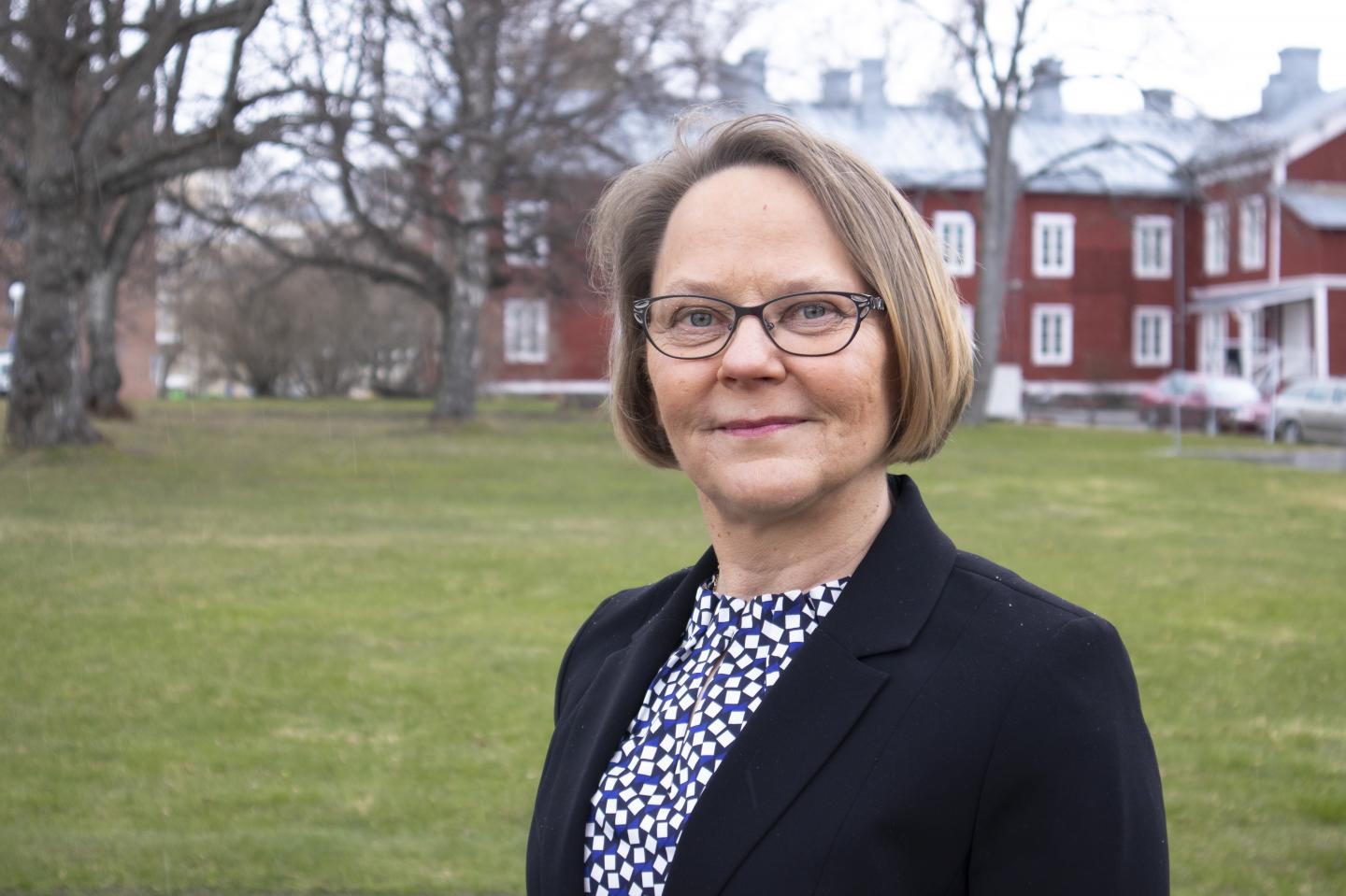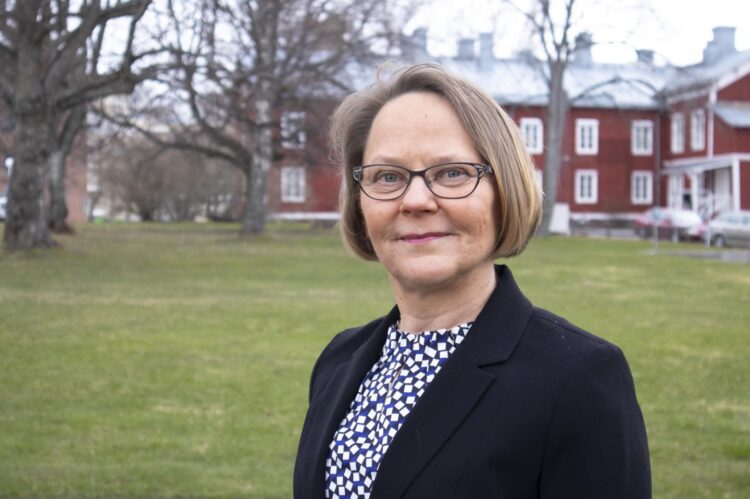How to support entrepreneurship in rural areas? The over-regulation and bureaucratic administration of the European Union’s rural policy are seen as burdening rather than supporting the promotion of entrepreneurship

Credit: Riikka Kalmi, University of Vaasa
How to support entrepreneurship in rural areas? The over-regulation and bureaucratic administration of the European Union’s rural policy are seen as burdening rather than supporting the promotion of entrepreneurship. At the same time, enabling public administration has been called for in the Finnish state administration. Päivi Kujala’s doctoral dissertation (University of Vaasa, Finland) deals with the tension between these two issues.
According to Kujala, the promotion of rural entrepreneurship should be enabling: more confidence, more discretion, creativity and learning from experience are needed for the work of authorities.
“I want to return a positive reputation to administrative bureaucracy,” says Kujala, who will be defending her doctoral dissertation at the University of Vaasa on 21 May.
In her dissertation on regional studies, Päivi Kujala has examined the practices of rural administration in the preparation and implementation of enterprise support under Pillar II of the European Union’s common agricultural policy (CAP).
“Promoting entrepreneurship and rural development are matters of the heart for me, and I have also had a long career with them.”
Throughout Finland’s EU membership, enterprise support in rural development programmes has produced well-being and vitality in rural areas, but many entrepreneurs and government actors are exhausted by the increasing regulation of enterprise support and administrative bureaucracy. We need the laws, decrees and regulations that we operate under, but regulation has become far too excessive at the national and EU level.
“I was interested in what bureaucracy really means when it is talked about only negatively in the rhetoric of entrepreneurs and administration,” says Kujala.
Frustration with too much regulation and bureaucracy a few years ago even manifested itself in protests. An anti-bureaucratic march was marched to Helsinki’s Senate Square and support forms were hung on bureaucratic clotheslines in the European Parliament.
Extensive interview material highlighted the disadvantages of bureaucracy
Kujala collected the empirical material of her study by interviewing rural administration authorities, researchers, Members of Parliament and entrepreneurs who received enterprise support nationwide and in the area of four ELY Centres, i.e. in South Ostrobothnia, Häme, Lapland and North Karelia. The interviews were analysed by means of discourse and content analysis as well as using the case study method.
According to Kujala, the interview material showed that when we talk negatively about bureaucracy, we are actually talking about its dysfunctions. The disadvantages of bureaucracy are, for example, when the means of development work have become more important than the goals, and formality and acting correctly according to the rules are emphasised more than the result of the activity itself.
“An illustrative example of the experience of a farm tourism entrepreneur was the rejection of a fridge-freezer in an enterprise support payment application because the support application stated a fridge. This is an example of an authority that interprets matters as right or wrong when making a decision and does not know how to exercise discretion related to development support,” Kujala says.
On the way to enabling rural administration
In her dissertation, Kujala created the model of an enabling rural authority, which is an ideal model of smooth administration. This type of administration is, among other things, predictable, reliable, fast, and cost-effective.
“The model of an enabling rural authority cannot be achieved by any authority alone but requires a cultural change in the whole administration. The internalisation of the goals of operations and development work as well as a voluntary culture of discipline are emphasised,” Kujala characterises.
Enabling administration focuses on achieving strategic goals by increasing trust between entrepreneurs and the authorities, using discretion and creativity in the preparation and implementation of enterprise support measures. Authorities also learn from the mistakes made and the feedback received. Management emphasises enabling rather than restriction and detailed regulation.
“As a Member State of the European Union, Finland must strive to ensure that such cultural change takes place at the entire EU level,” reminds Kujala.
Rhetoric on centralisation can be questioned
Enterprise support has been a tool for rural development throughout Finland’s EU membership, but little research has been done on the implementation of enterprise support related to the practices of rural administration.
In addition to enabling, Kujala’s dissertation also discusses the importance of the location of business and suggests that the rhetoric of centralisation can be questioned in the digital society. The countryside offers vibrant locations for business. Increasing place-based development in administration promotes the location of business in rural areas.
The study also concludes that statutory evaluations of rural development programmes must be used more effectively in the implementation of the programmes. For example, changes in EU programming periods may be smoother when learning from the implementation of previous changes takes place.
###
Kujala, Päivi(2021). Towards enabling rural administration. Promoting entrepreneurship in the European Union’s rural policy. Acta Wasaensia 460. Doctoral dissertation. University of Vaasa.
Publication pdf: http://urn.
Public examination
Master of Agriculture and Forestry, Agronomist Päivi Kujala’s dissertation on regional studies “Towards enabling rural administration. Promoting entrepreneurship in the European Union’s rural policy” will be examined on Friday, 21 May 2021 at 12 noon at the University of Vaasa.
The public examination will be arranged remotely: https:/
Passcode: 043454
The opponent will be Professor Hilkka Vihinen (LUKE) and the custos will be Professor Seija Virkkala.
Media Contact
Päivi Kujala
[email protected]
Original Source
https:/





